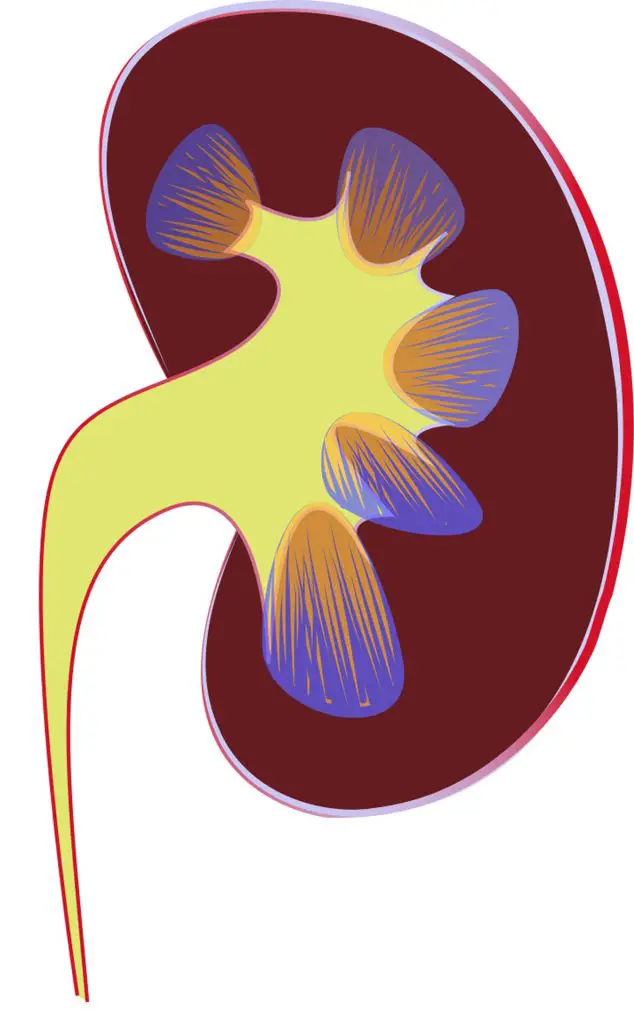Urinary tract infections are common especially among women. Why is that? What are the symptoms of an urinary tract infection? What predisposes one to them? And, how do you treat them? We will discuss all of that today in this article.

About 50% of women will get urinary tract infections or UTIs for short. Men rarely get them. The urinary tract includes the kidneys, the ureters (tubes that drain urine from the kidneys to the bladder), the bladder, and the urethra. Bladder infections are common. Kidney infections are less common but more serious.
Symptoms of Urinary Tract Infections
The symptoms of urinary tract infections are usually pretty easy to identify. Typically you may have a pressing need or urgency to empty your bladder every few minutes. This urgency and frequency is associated with the elimination of very little urine. You may experience some burning when you urinate, not uncommonly at the end of urination. The urine can be cloudy and have a strong odor. There can even be some blood in the urine. Low back pain or pain just above the pubic is not infrequent either. You can have more general symptoms like fever, chills, fatigue, and nausea. In summary, the symptoms of UTI include:
- urinary urgency
- urinary frequency
- voiding small amounts of urine
- burring with urination
- low back pain or pain above the pubic bone
- cloudy urine or urine with strong odor
- blood in the the urine
- nausea, fever, chills, of fatigue.
One doesn’t have to have all the symptoms for a UTI to be present. A urinary tract infection can be confirmed by of a urinalysis and urine culture. These tests will determine if there are bacteria causing the symptoms and what antibiotic(s) is/are likely to work best.
Low back, fever, chills, nausea/vomiting usually indicate a more serious UTI and one that usually involves the kidneys (pyelonephritis). These symptoms should prompt one to seek urgent evaluation.
Risk Factor for Urinary Tract Infections.
Some individuals are more susceptible to urinary tract infections for a variety of reasons. Women have shorter urethras that are closer to the rectum which is filled with bacteria making it easier for bacteria to enter the urethra and up to the bladder. Other risk factors include:
- A previous UTI
- Sexual activity
- Pregnancy
- Age – postmenopausal women and young children are more likely to get UTIs.
- Poor hygiene – not uncommon in children when being potty trained.
- Structural problems of the urinary tract like an enlarged prostate in men or fallen bladder (cystocele) in women.
- Change in the type of bacteria that live inside the vagina or what is known as the vaginal flora. Such changes can occur during menopause, following use of a spermicide, or from diabetes and its treatment.
E. coli is a bacterium and the one that causes most of the UTIs. It typically makes it way from the rectum to the urethra and then into the bladder.
What to Do to Prevent UTIs
Fortunately, there are several things you can do to prevent UTIs from occurring.
- Stay well hydrated and urinate as soon as you have the urge to go. Teachers are prone to UTIs as they have to wait until a convenient time to use the restroom.
- Urinate after sexual activity and have you and partner wash genitals before sexual activity.
- Take showers rather than baths.
- Minimize sprays, powders in the genital area but keep genital area clean.
- Keep genital area dry and ventilated. Avoid synthetic fibers and tight pants that trap moisture. Change into dry underwear ASAP after exercise.
- Avoid alcohol, coffee, spicy or acidic foods is they seem to trigger UTIs.
- Wipe from from front to back after having a bowel movement.
- Drinking 10 ounces of cranberry juice daily was shown to reduce UTIs by 50% in a Harvard study of 76 postmenopausal women. Other studies show cranberry products can reduce UTIs by 35% to 39%.
Despite their best efforts about 20% of women suffer from recurrent UTIs. If you have more than three urinary tract infections in a year you may want to discuss with your doctor about taking antibiotics on a preventive basis. Also, a consult with a urologist or ur0gynecologist should be considered to rule out other structural problems that predispose to UTIs.
When to See the Doctor
Some women can flush a UTI out of their system by drinking lots of water if they do so as soon as symptoms start. But, in general you should see a doctor if having urinary tract infection symptoms. This is especially true if having symptoms that are consistent with a kidney infection – fever, chills, low back or flank pain, and nausea or vomiting.
